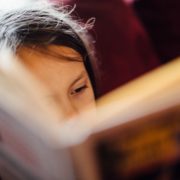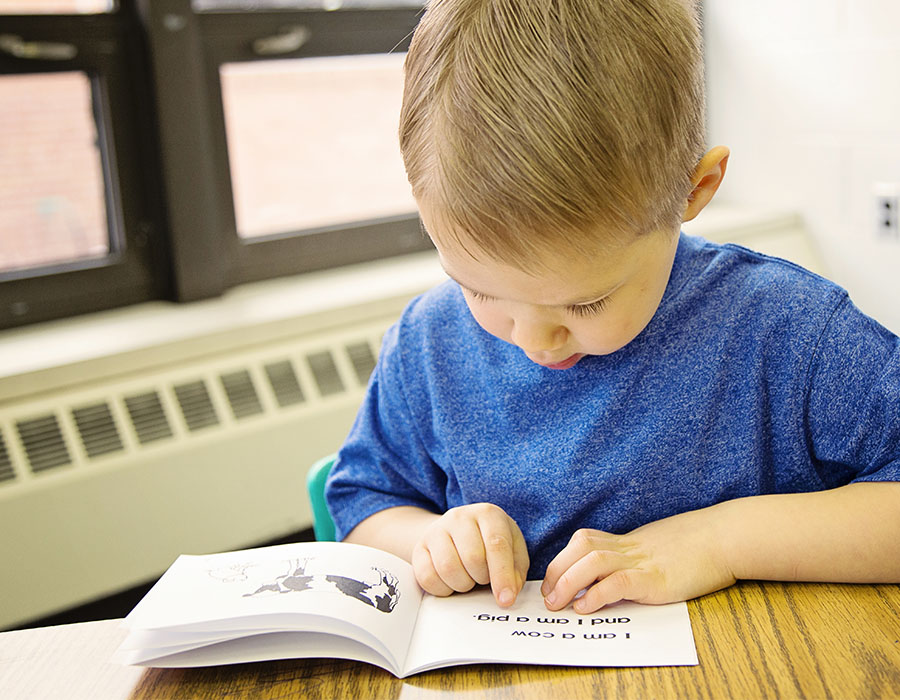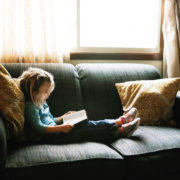Spanish Books
The Short Books recently released the Spanish Edition of our books. We are extremely proud of our new products. The books start with simple vocabulary with matching pictures, as the books progress students are introduced to new vocabulary words, verb tenses, and sentence structure. Research shows that babies who are exposed to multiple languages show different cognitive patterns. Their brains show increased activity in the executive functioning of the brain. Other reasons to introduce young children to other languages include:
- Learning a foreign language increases opportunities for connections and understanding of other cultures.
- Studies have shown students who are bilingual are better at tasks that require multitasking and attention focusing.
- Students who have studies other languages perform better on the standardized tests.
- Research has shown students learning a second language start reading earlier than their peers.
- The younger a child learns a new language the easier it will be to learn other languages.
- Language and culture are intertwined, so students learning a foreign language build cultural understanding and insight to how other people view the world.
To learn more about Bilingual Education, check out the following articles.
https://www.pandatree.com/reason_foreign_language
https://wehavekids.com/parenting/Benefits-of-Raising-Bilingual-Children
https://www.littlepim.com/blog/benefits-starting-early-kids-need-learn-another-language-now





